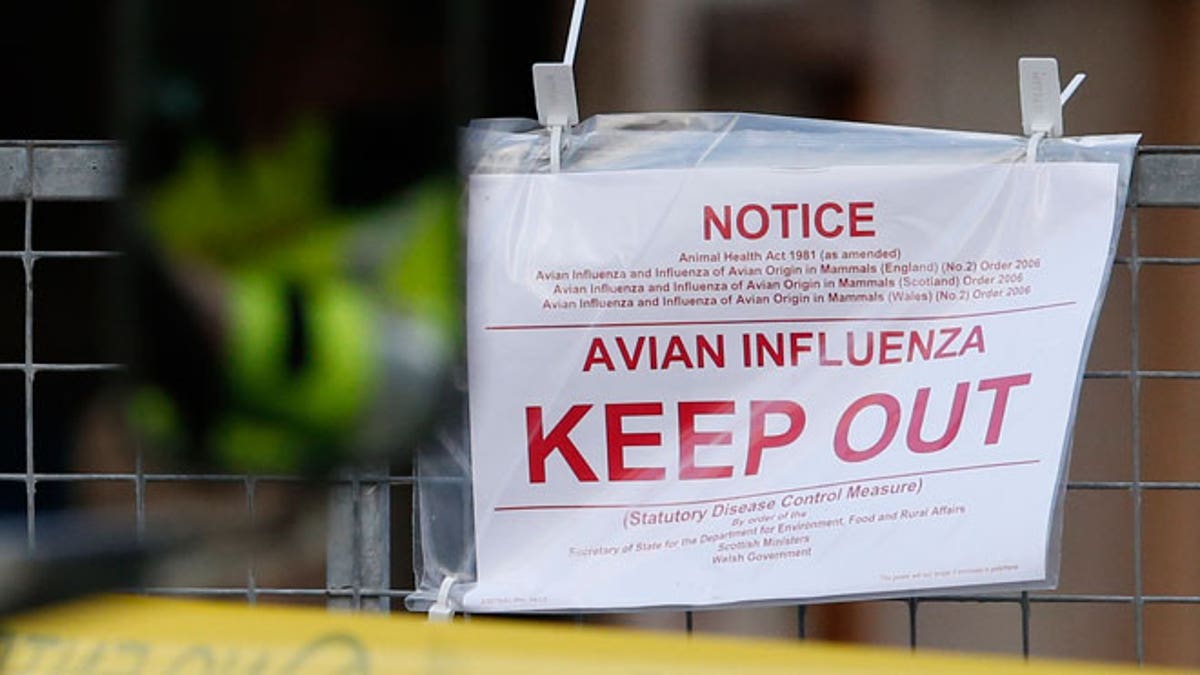
(REUTERS/Phil Noble)
The United States has suspended imports of live and raw poultry from Canada's British Columbia due to an outbreak of bird flu virus there, the U.S. Department of Agriculture's chief veterinary officer told Reuters on Monday.
The restrictions began on Dec. 4, the same day that Canada identified the virus as the "highly pathogenic" H5N2 strain, said John Clifford, the USDA's chief veterinarian.
"It's a temporary ban," Clifford said in a telephone interview, adding that the ban will likely last several months.
Bird flu, or avian influenza, is an infectious viral disease of birds. Most bird flu viruses do not infect humans or pose safety risks when poultry products are properly handled and cooked.
The Canadian Food Inspection Agency said five British Columbia farms were infected with avian influenza as of Saturday, killing at least 80,000 turkeys and chickens. Surviving birds on the farms are being destroyed.
The USDA does not "see any current risk to human health" in the United States due to the outbreak, Clifford said. The department is evaluating whether to dispatch an employee to Canada to take part in the response, he added.
Canada "invited us last week to send somebody if we wanted to," Clifford said.
Ray Nickel, president of the B.C. Poultry Association, said he was not aware of anyone in British Columbia exporting live poultry to the United States. Farmers in the province grow turkeys and chickens for domestic buyers, he said.
Canada and Chile are the two biggest suppliers of imported poultry to the United States, said Tom Super, spokesman for the National Chicken Council in Washington, D.C., while noting that 99 percent of the chicken eaten in the United States is hatched, raised and processed in the country.
"In the grand scheme of total consumption, products from those countries are miniscule," Super said.
South Korea, Hong Kong, Taiwan and Japan last week imposed varying bans on Canadian poultry products due to the bird flu outbreak.
